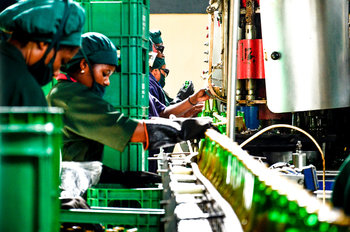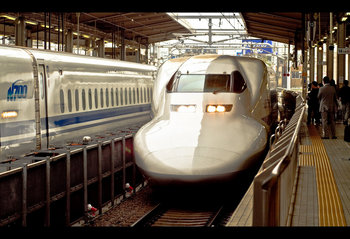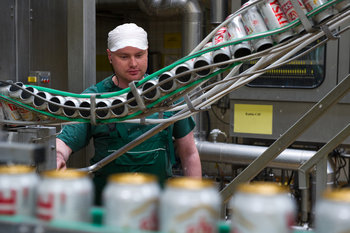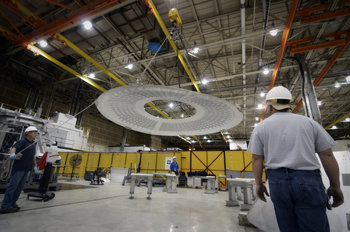
Financial Efficiency
The financial efficiency of a business can be measured as expenses as a percentage of revenue.Labor Productivity
Labor productivity is typically measured as the output of employees in an hour of work. This is greatly influenced by technology tools, automation and equipment that is available to workers.Energy Efficiency
The energy required to produce products, services and operate the business. Relevant to cost and sustainability goals. In the latter case, the energy consumption of products across their entire lifecycle may be calculated.Eco-efficiency
Calculating the total impact of the business on the environment. For example, environmental cost as a percentage of revenue.Operational Efficiency
The efficiency of the core business processes of an organization such as manufacturing or service delivery processes. Efficiency efforts are often focused on operations as this is where most costs occur.Process Efficiency
Measuring the efficiency of a particular process. For example, the cost and speed of delivering a package.Return on Investment
The efficiency of business investments can be modeled as return on investment or net present value. An investment is often a current business cost that results in future revenue. As such, investments may reduce current efficiency and improve future efficiency.| Overview: Business Efficiency | ||
Type | ||
Definition | How much output a business produces for a unit of input. | |
Related Concepts | ||

























